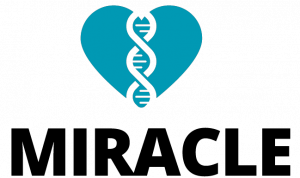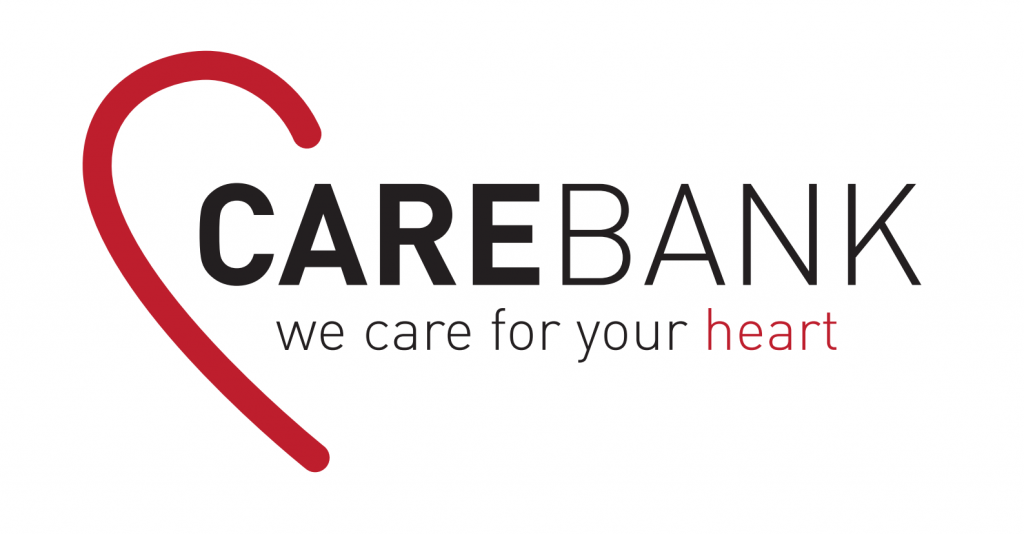Partners
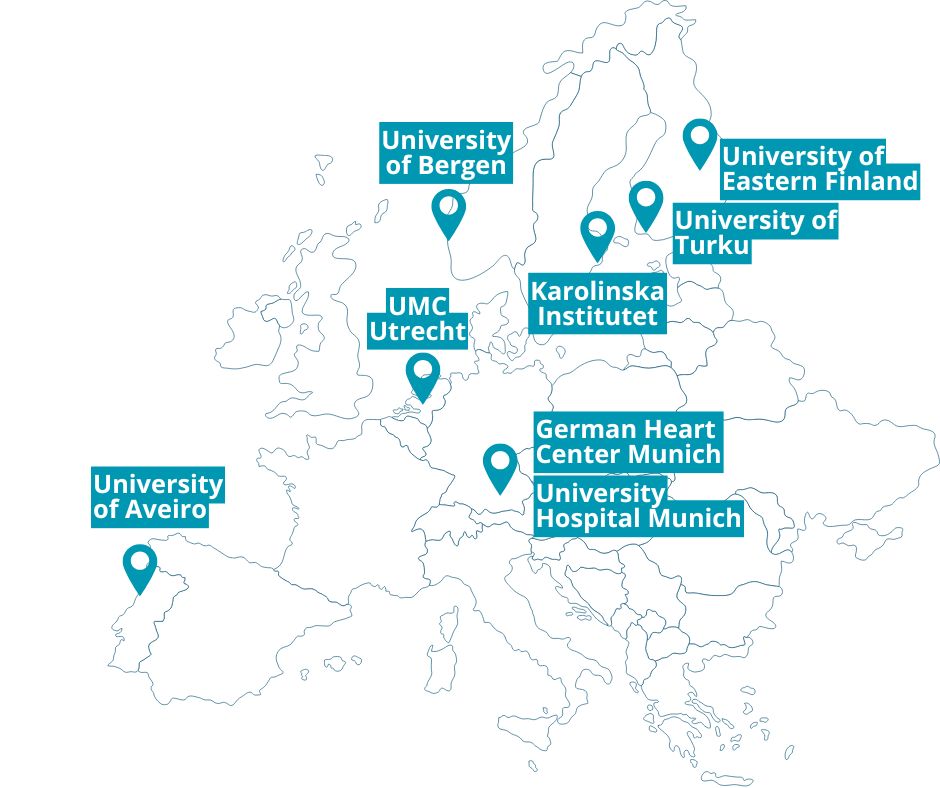
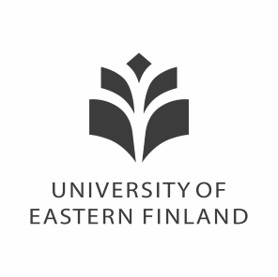
The University of Eastern Finland (UEF) is the most multidisciplinary university in Finland, and home to approximately 16000 students and 3200 members of staff. UEF responds to global challenges through a high standard of interdisciplinary research and education. In doing so, we build a responsible and sustainable future. Our strategic research is focused on four profile areas:
- Ageing, lifestyles and health
- Environmental change and sustainable use of natural resources
- Cultural encounters, mobilities and borders
- Diversifying learning and interaction
The A.I. Virtanen Institute for Molecular Sciences is a research institute that responds to the global health challenges created by the aging of the population and changes in lifestyle by focusing on the research of cardiovascular and brain diseases. The institute’s key research areas include cardiovascular diseases, brain diseases and cancer.
The Cardiovascular Genomics research group investigates the mechanistic basis of Atherosclerotic Cardiovascular Disease (ASCVD) and cardiometabolic diseases, using a combination of cellular and genetic model systems, single-cell transcriptomics and epigenetics, high-throughput functional genomics techniques, and bioinformatics.

Minna Kaikkonen-Määttä
MIRACLE coordinator
Professor
University of Eastern Finland
A.I.Virtanen Institute
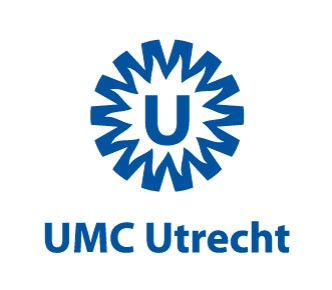
The University Medical Center Utrecht (UMCU) is the main hospital of the city of Utrecht, Netherlands. It is affiliated with the Utrecht University. Since the foundation of the university in 1636 an academic hospital has existed in various forms. Nowadays the UMC Utrecht comprises the academic hospital, the faculty of Medicine as well as the Wilhelmina Children’s hospital. In total approximately 10,000 people work at the UMCU including medical staff, nursing staff, residents, support personnel and researchers, making it one of the largest hospitals in the Netherlands.
Athero-Express study is a large scale vascular biobank that collects vascular specimens including a clinical follow-up. Patients eligible to undergo endarterectomy of the carotid or femoral artery to treat atherosclerotic disease in the University Medical Center Utrecht (and in the past the Antonius Hospital Nieuwegein) are included in the Athero_Express study. The current number of included AE patients is over 3500.
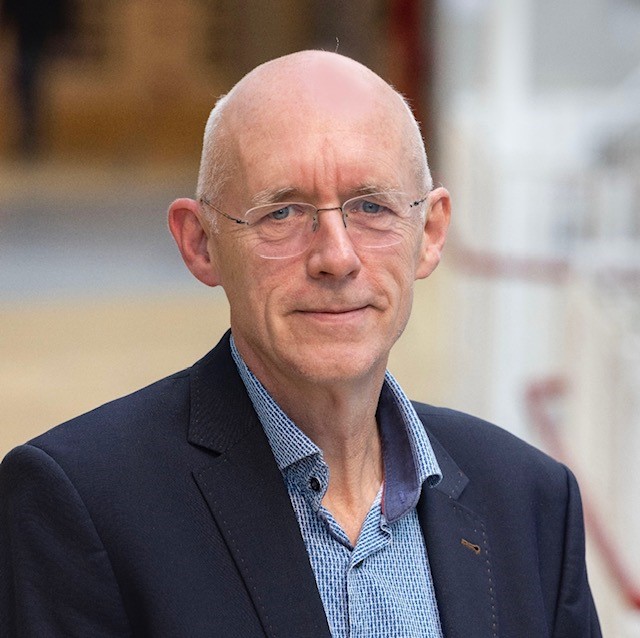
Gerard Pasterkamp
Professor Experimental Cardiology
Central Diagnostics Laboratory
Circulatory Health Research Center
UMC Utrecht

Charlotte N. C. Onland-Moret
Associate Professor
Julius Center, dept. Epidemiology & Health Economics
Circulatory Health Research Center
UMC Utrecht
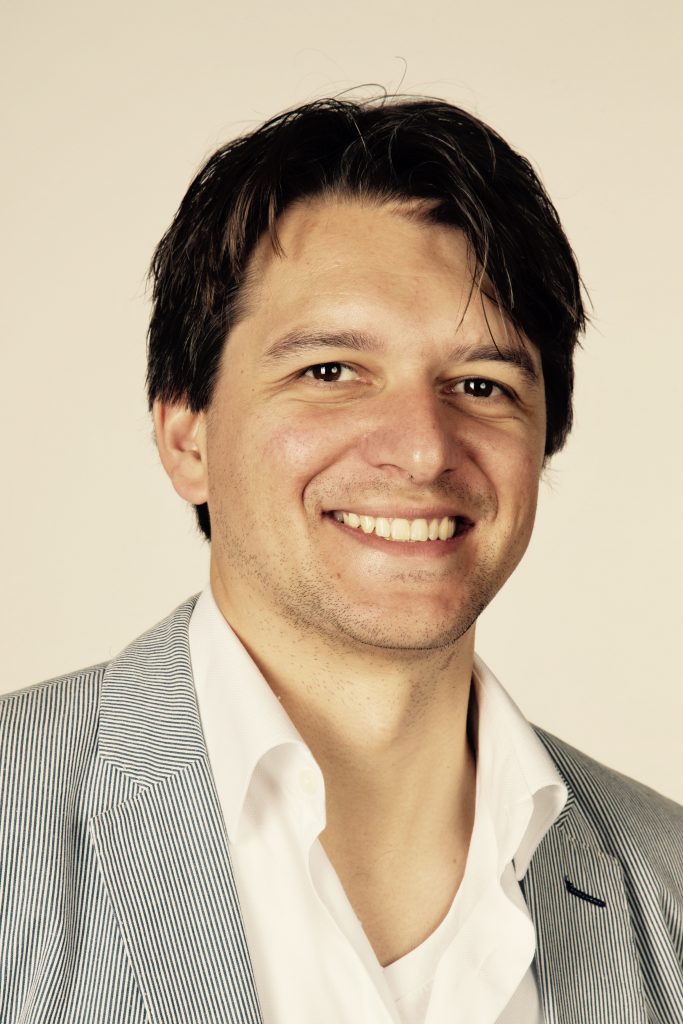
Sander W. van der Laan
Assistant professor
Central Diagnostics Laboratory
Circulatory Health Research Center
UMC Utrecht
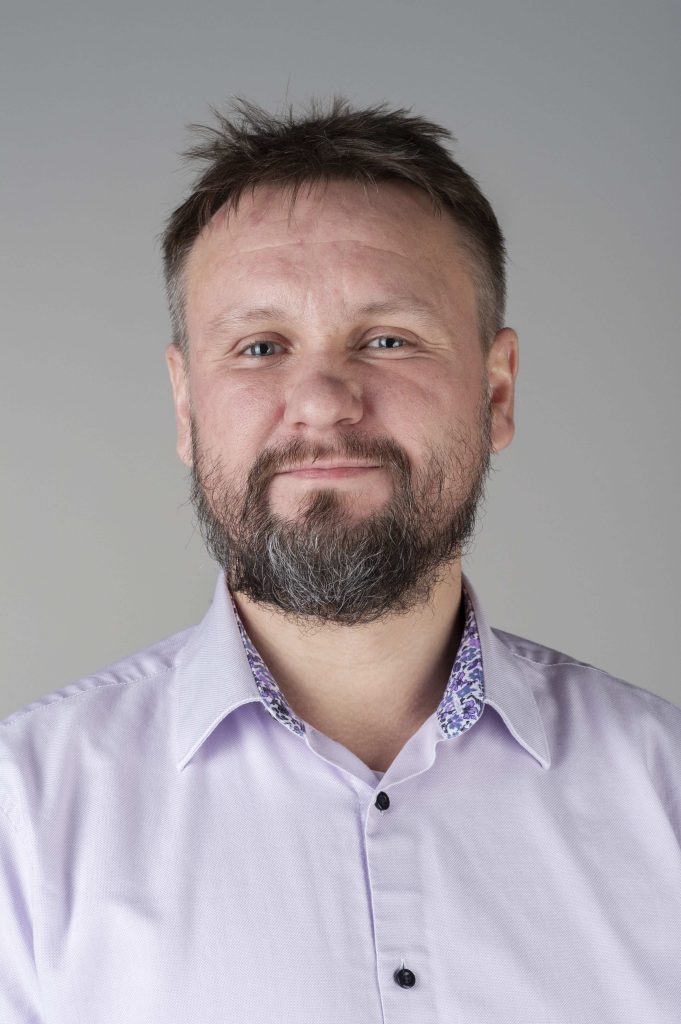
Michal Mokry
Associate Professor
Laboratory of Experimental Cardiology
Central Diagnostics Laboratory
Circulatory Health Research Center
UMC Utrecht
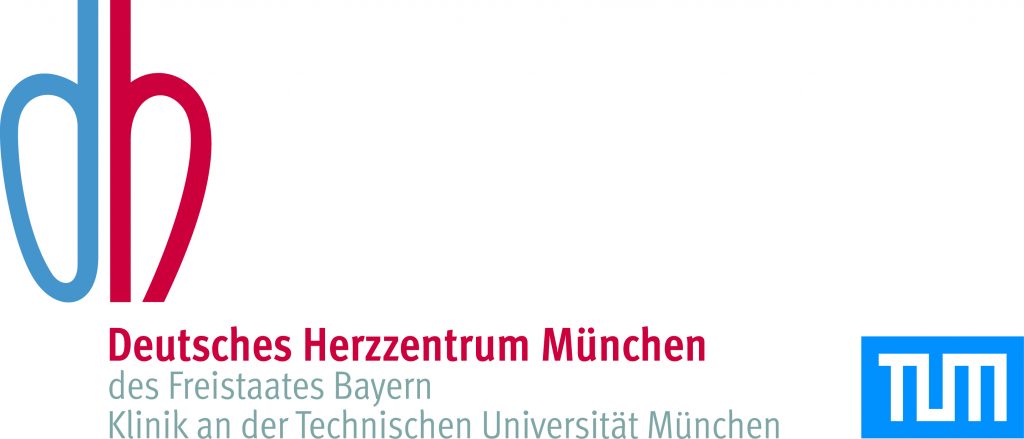
The German Heart Centre Munich is one of the best-known centres for heart diseases in Germany and Europe.
In the Department of Cardiovascular Diseases (Cardiology), you will find specialists for the treatment of circulatory disorders of the heart and the major arteries, specialists for the treatment of cardiac rhythm disorders and heart valve diseases as well as specialists for the treatment of cardiac muscle weakness and high blood pressure.
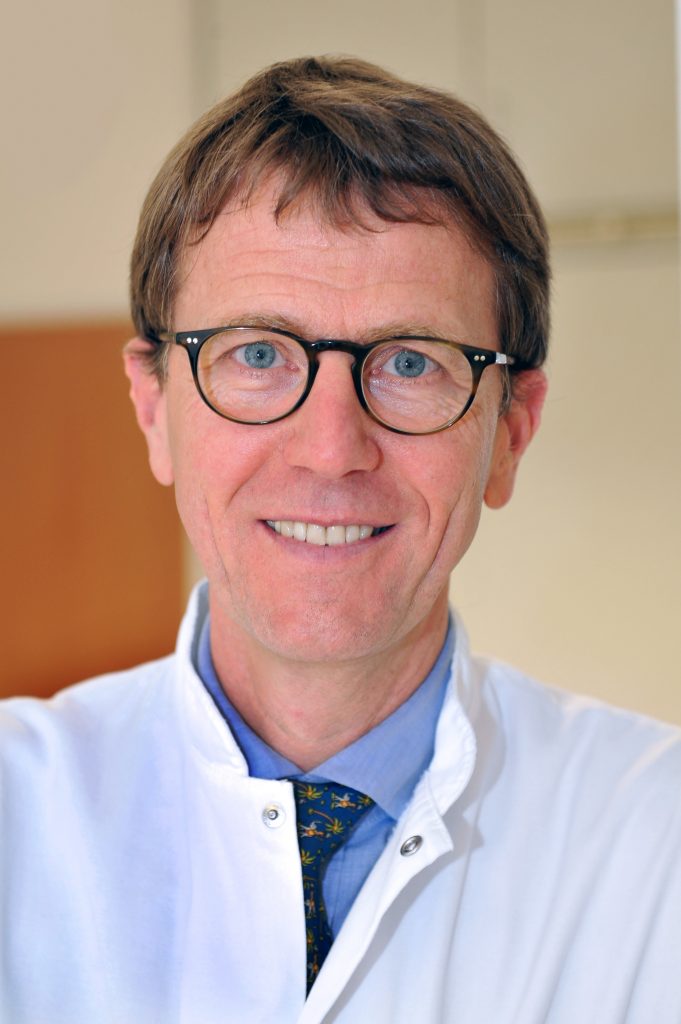
Heribert Schunkert
Professor of Cardiology, Technische Universität München (TUM)
Director of Cardiology Department, German Heart Center Munich (DHM)
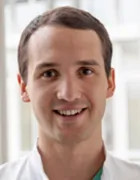
Moritz von Scheidt
Dr. Dr. med., M.D.
Specialist in internal medicine and cardiology
German Heart Center Munich (DHM)
Clinic at the Technical University of Munich (TUM)
Thorsten Kessler
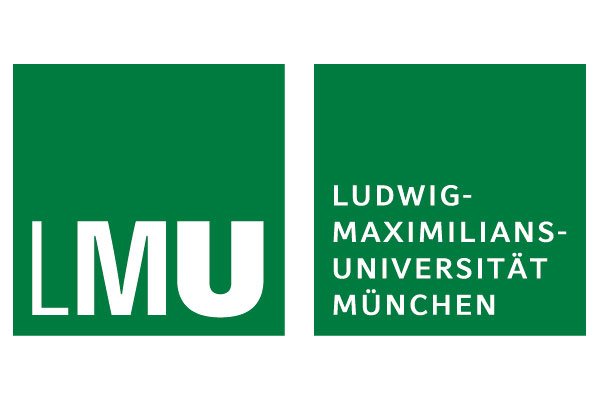
The Ludwig-Maximilians-University (LMU) is one of the leading teaching and research university in Germany. With the neighbouring Max-Planck, Helmholtz, and Technical University institutions, it can be regarded as a major European science hub.
The project is performed at University Hospital of Munich (LMU) acting as an Affiliated Entity. With more than 2.000 beds the University Hospital of Munich (LMU) is a highly advanced hospital with 47 clinics, institutes and departments covering all fields of medicine.
The Institute for Stroke and Dementia Research (ISD) is part of the University Hospital of Munich (LMU). The centre is designed as a novel type of research institute bridging the traditional barriers between academic medicine and basic science. The focus of ISDs research is on molecular, cellular, and physiological mechanisms of stroke and cerebrovascular disease. We use genetic approaches to identify novel risk genes and explore their functional role in vitro and in vivo using genome-editing, proteomics, and imaging technology.
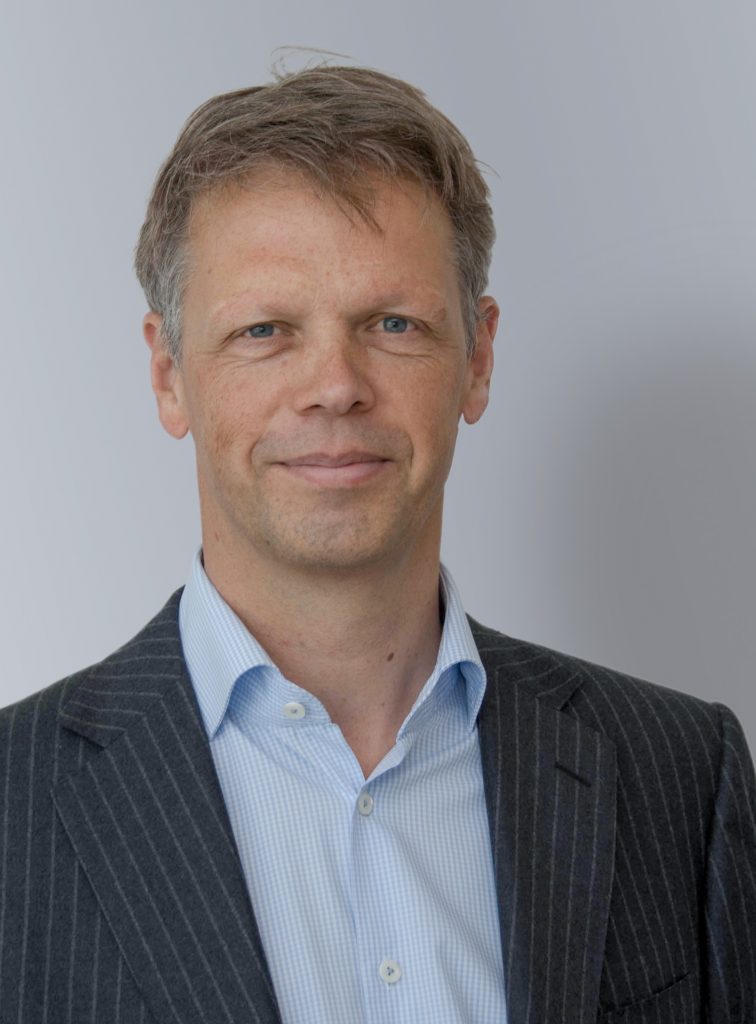
Martin Dichgans, MD
Director
Institute for Stroke and dementia Research
University Hospital of Munich (LMU)
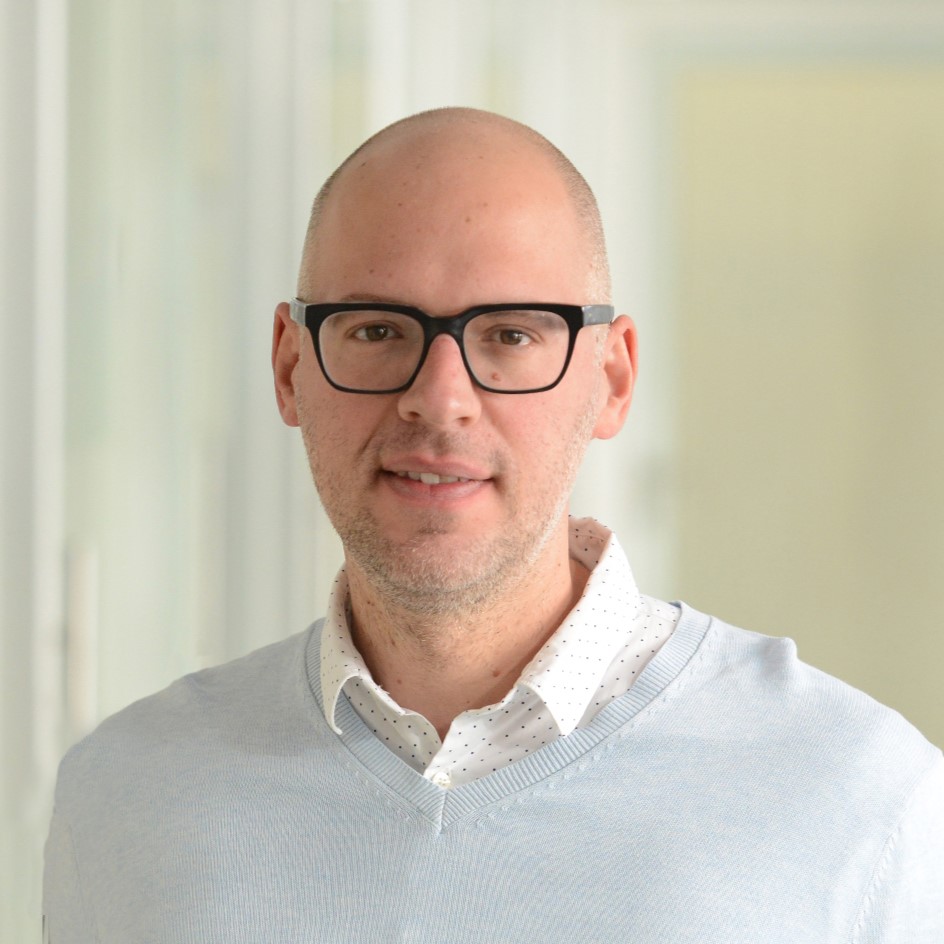
Rainer Malik, PhD
Research Associate
Institute for Stroke and dementia Research
University Hospital of Munich (LMU)
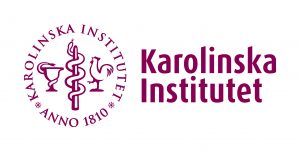
One of the world’s foremost medical universities, Karolinska Institutet accounts for the single largest share of all academic medical research conducted in Sweden. KI also offers the country’s broadest range of education in medicine and health sciences.
The units at the Department of Medicine , Huddinge (MedH) conduct research within a wide range of medical specialities, including basic and clinical research. The department is also hosting three core facilities located at KI Campus Flemingsberg.
STARNET biobank: Stockholm-Tartu Atherosclerosis Reverse Network Engineering Task
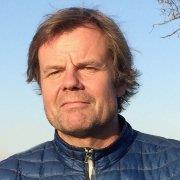
Johan Björkegren
Professor
Department of Medicine
Karolinska Institutet
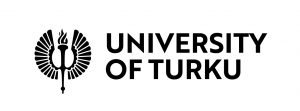
The University of Turku, established in 1920, has 8 faculties and 4 independent units. There are over 22,000 students and about 3,400 staff members. The University of Turku is a scientifically strong, multidisciplinary university with six strategic research profile areas:
- Biodiversity and Sustainability
- Future Technologies and Digital Society
- Cultural Memory and Social Change
- Children, Young People and Learning
- Health, Diagnostics and Drug development
- Sea and Maritime Studies
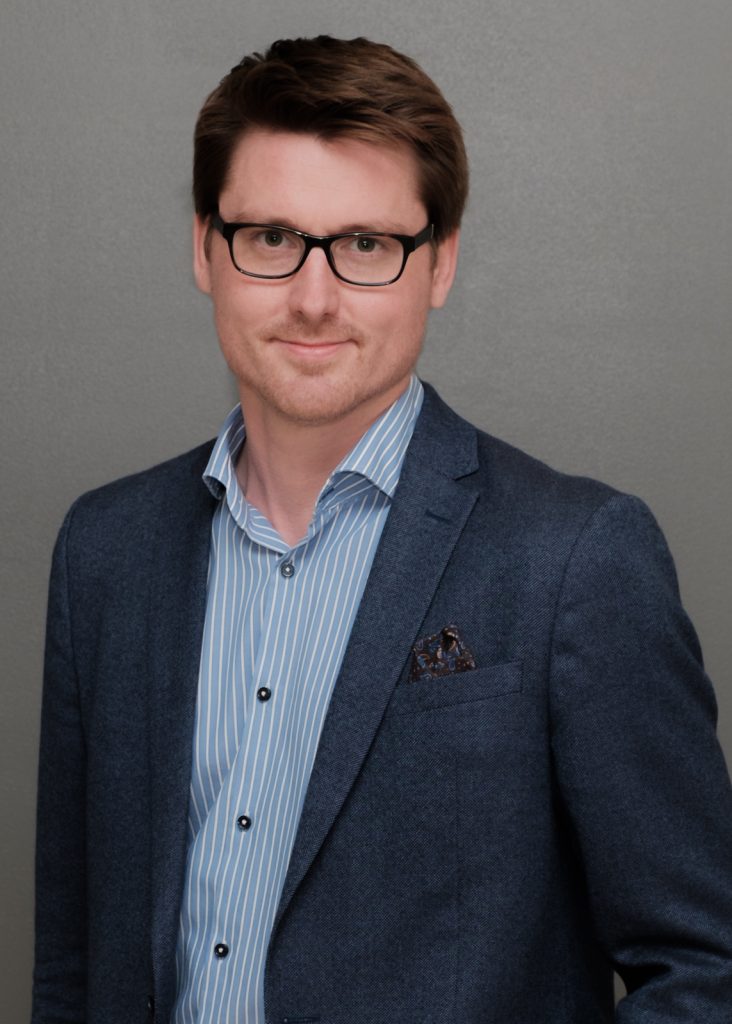
Tuomas Kiviniemi
Professor
Clinical Medicine/Cardiology
University of Turku

The University of Bergen (UiB) is an internationally recognised research university. Academic diversity and high quality are fundamental for us. UiB is the most cited university in Norway. There are seven faculties at UiB and there are close to 20 000 students at the university. We employ more than 4 200 faculty and staff. PhD candidates are paid employees, making the doctoral degree at UiB particularly attractive for rising talent. About half of graduating doctors are from outside Norway.
The Computational Biology Unit (CBU) is a hub of bioinformatics research at the University of Bergen and consists of interdisciplinary research groups that span multiple departments at the faculties of mathematics and natural sciences as well as medicine and odontology. CBU performs theoretical and applied bioinformatics research developing novel methodologies to address fundamental questions in life science. Through the Department of Informatics, CBU offers bioinformatics programs at the bachelor, master, and PhD level.
The Department of Informatics at the University of Bergen is rated as one of the top ICT institutes in Norway by the Research Council of Norway. The department’s mission is to maintain an internationally recognized level of excellence in both research and teaching. The department fosters a diverse academic environment where its students and faculty are given the tools and support necessary to be the best they can be. Through outreach activities, it plays a leading role in integrating quality Computer Science education throughout various communities in Norway.
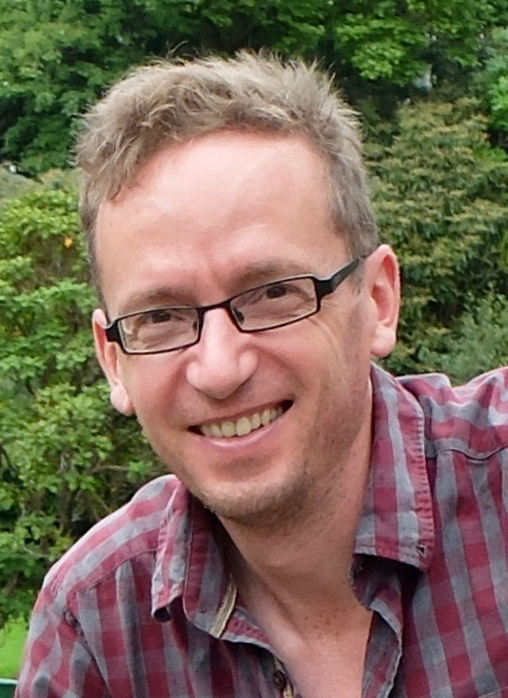
Tom Michoel
Professor
Computational Biology Unit
Department of Informatics
University of Bergen

The University of Aveiro is a University oriented towards investigation and deeply committed to developing state-of-the-art research, in fields of strategic knowledge. At the University of Aveiro there are 20 research units, five of them with Associate Laboratory status.
The Lipidomics laboratory is integrated within the Mass Spectrometry Centre at the Chemistry Department of the University of Aveiro. It is an exceptional facility holding state-of-the-art mass spectrometers.
The Lipidomics research group has pioneered lipidomics in Portugal and, over the last two decades, leads the only national research group performing lipid analysis regularly. The team knowledge embraces multidisciplinary backgrounds, like chemistry, biochemistry, biotechnology, pharmaceutical sciences, and clinical areas with extensive experience in research projects through cutting edge mass spectral analysis. The group has an extensive network of collaborators in several Universities and Research Institutes and companies worldwide. The team has published over 300 papers in international indexed journals with peer review.
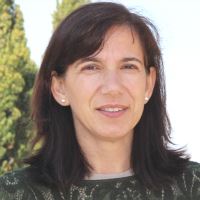
Rosário Domingues
Associate Professor with habiliation
Department of Chemistry CESAM
University of Aveiro

